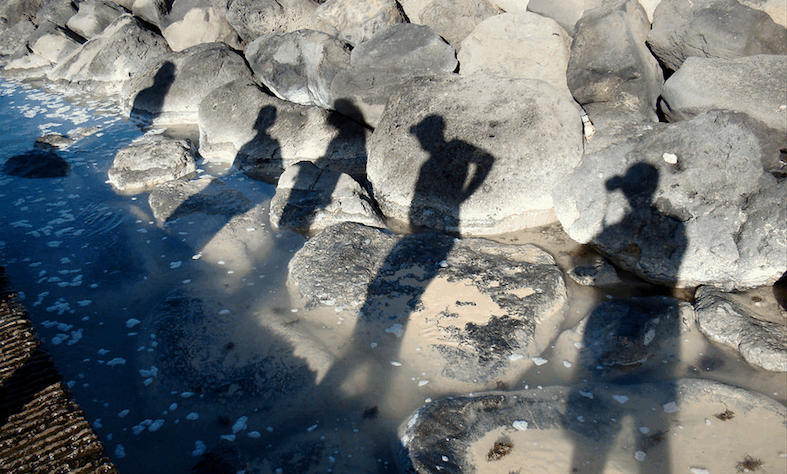A few years ago, on a bright Sunday morning at a Church service I was attending, a beautiful testimony was shared. The testimony was from a man who had been miraculously healed from inoperable cancer. His tumours, which were previously too numerous to count and beyond the reach of physicians, had now disappeared and were not to be found. They had simply vanished. I don’t know this man; I can’t say that I had ever laid eyes on him before or after this incredible news. I don’t know if he had a family or a particularly gregarious spirit or a destiny that only he could have fulfilled. But I do know that I was happy for him, for his loved ones and for the banner of a miracle that now flies over his life.
Yet, as the service rolled on and the music picked up, tears rolled down my cheeks and I began to feel the need for a quick exit. I really don’t like crying in public places, even in Church when there are a million excuses you can make up to deflect the attention. As I caught my tears before they rolled down my chin my heart was confused at the grace of this miracle. What blessed news! A healing. This man walked away from a nightmare of tests, diagnoses and loss. But how do you celebrate a miracle when it wasn’t the one you were hoping for? How do you celebrate with others when God has answered their prayers and not your own?
My father fell ill shortly before he turned 50. Over the course of a decade. He suffered heart attacks, strokes, kidney failure, liver failure and brain damage. He lost most of his brain to dementia and he was forced from a journalism career that he loved and spent his last few months in a lazy boy in our living room, tethered to an oxygen machine. When my dad first got sick we prayed and prayed. We prayed all kinds of prayers; prayers of expectancy, prayers of thankfulness, really ugly, snot-filled, tear-stained prayers, and cold, silent, ultimatum-type prayers. We prayed in ICU wards and hospital emergency rooms. We prayed in Churches and bedrooms, over phones and through emails, but not much changed in my dad’s health. He would stabilize for a few months and then decline and then stabilize and decline again until we found ourselves at his bedside, in the hospice.
In grief, we give God permission to be God, to open our lives to where He desires us to go. We allow Him to direct the course of our steps without fear because we can confidently expect Him to be good, to shine His glory through the narrative of our lives.
We will all face unspeakable unkindness in this world and there will come a time when we won’t get what we asked for. We will have to celebrate when someone else’s prayers are answered and ours are not, whether in the context of a miracle we were holding our breath for, a job we wanted, or the falling through of a plan we have spent years perfecting. We will all come face to face with the reality that this life isn’t going to give us everything we want. So how do we maintain hope? How do we keep waking up every day and walking this road of life?
We rejoice in our trials. We rejoice even though the road is long and the pitch is steep. We remember that we have a Great High Priest who is able to sympathize with everything we have ever been through. We trust and hope because God promises to love and care for us. For those who walk with Jesus, hope means more than wishful thinking. It means “confident expectation”. It means knowing that one day, when we stand in glory, everything will be made right. Everything will be brought into right order. We hope and trust in the God of Romans 8:28, the One who will work everything for our good, for His purpose.
When we give thanks in the midst of heartbreak, we declare our trust in Jesus. We open ourselves up to His plan, to His will, to His purpose. We lament in the wake of what we have lost, but we also allow God to unfold His plan in our lives. In grief, we give God permission to be God, to open our lives to where He desires us to go. We allow Him to direct the course of our steps without fear because we can confidently expect Him to be good, to shine His glory through the narrative of our lives.
I don’t know if that man from that Sunday morning is still cancer free. I don’t know what he is doing with the rest of his life, but I know by the intermingling of our stories that it is possible to hold joy and sorrow in one hand, and therefore it must be possible to find hope in the midst of desolation. Our hope, as ones who follow Jesus, will never put us to shame because it is rooted in the very love of God. A love that is steadfast and true.




